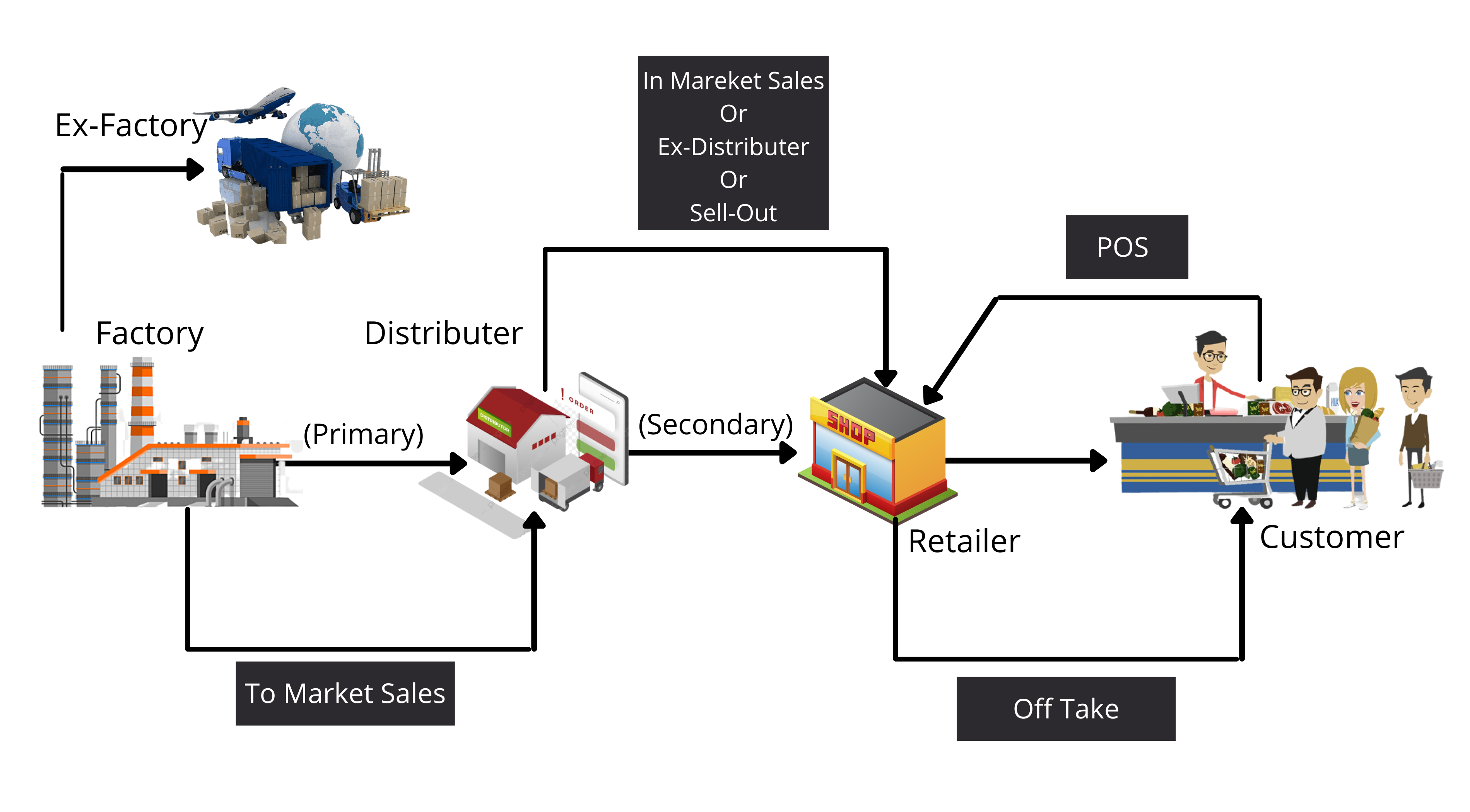Supply Chain Management - Towards Profitability
Supply Chain Management - Towards Profitability
Blog Article

Let's believe for a moment simply how fragile our food supply logistics truly is. We have our local grocery shops which usually get their stock from a master chain supplier. Normally the grocery store does not stock more then a week's supply of food at any one time. Generally that amount is lowered to 72 hours worth of food being on the shelves anytime. They frequently will re-stock their racks as the supplies show up meaning they have no extra cases in the back waiting to be suspended.
Not so. Not all wholesalers drop ship. Others might require you to buy big orders up front. Then, you require to be aware of the wholesaler's stock. You might sell something just to find that there is not adequate stock to cover your sales. When once again, this can impact the client's impression of you. To put it simply, YOU dropped the ball.
Emergency situation materials are for emergencies. Emergency situations are by definition, times when things are not going normally. You may not have power for lights or refrigeration. Your gas for cooking might be shut down.
Majority of the worlds population now lives in city areas. The outcome of this is that we are more depending on a Supply Chain than ever previously. Barely anyone grows food as more than a pastime. We rely on farmers in far-off locations to make and ship us our food.
Do not spend your money recklessly. This might appear like good sense, but it can be very easy to discuss your spending plan when preparing yourself to open or within the first few weeks of business. Do not choose for costly, stylish furniture and chairs unless it is an important part of offering yourself and your company. Hire just the personnel that you need, even if a mutual friend can be found in to plead you. The more people you hire the more cash that you will end up paying out.
The majority of people do not understand how complicated the supply chains are in our economy. If you were asked how your food got onto your plate, I think that you 'd finish your answer with 'from the supermarket'. Ultimately, we don't have a clue what goes on behind the supermarkets. Where does the meat come from? Who transports the products? What region? What country? I wouldn't have the ability to with confidence address any of these concerns. This stresses me. This stresses me a lot. We require to begin asking the questions that we've disregarded for so long. Who exactly is monitoring the supply and distribution chains? I expect the response to that will be no one.
If you are dealing with the Chinese market, that is certainly real. Here the merchant can set some specs which are conditions for the organization relationship. Then the merchant is well within their rights to find alternative sources of items, if these conditions are not met. That can help to keep the merchant in line too because they have to keep an eye on supply chains. For example you will need to see the journey of a wholesale Tablet from the time an order is made to the time that delivery is completed. The merchant will be getting routine updates on the development of the order so that they can clear click here up any problems.
You are ready to start the all important training and practice [you have actually mastered how to put the chain collar on your dog with your pet dog] to prevent him/her from pulling while on a leash. As both you and your pet dog become familiar with how the chain collar works, you will be pleased to see the pulling diminish and/or stop entirely.